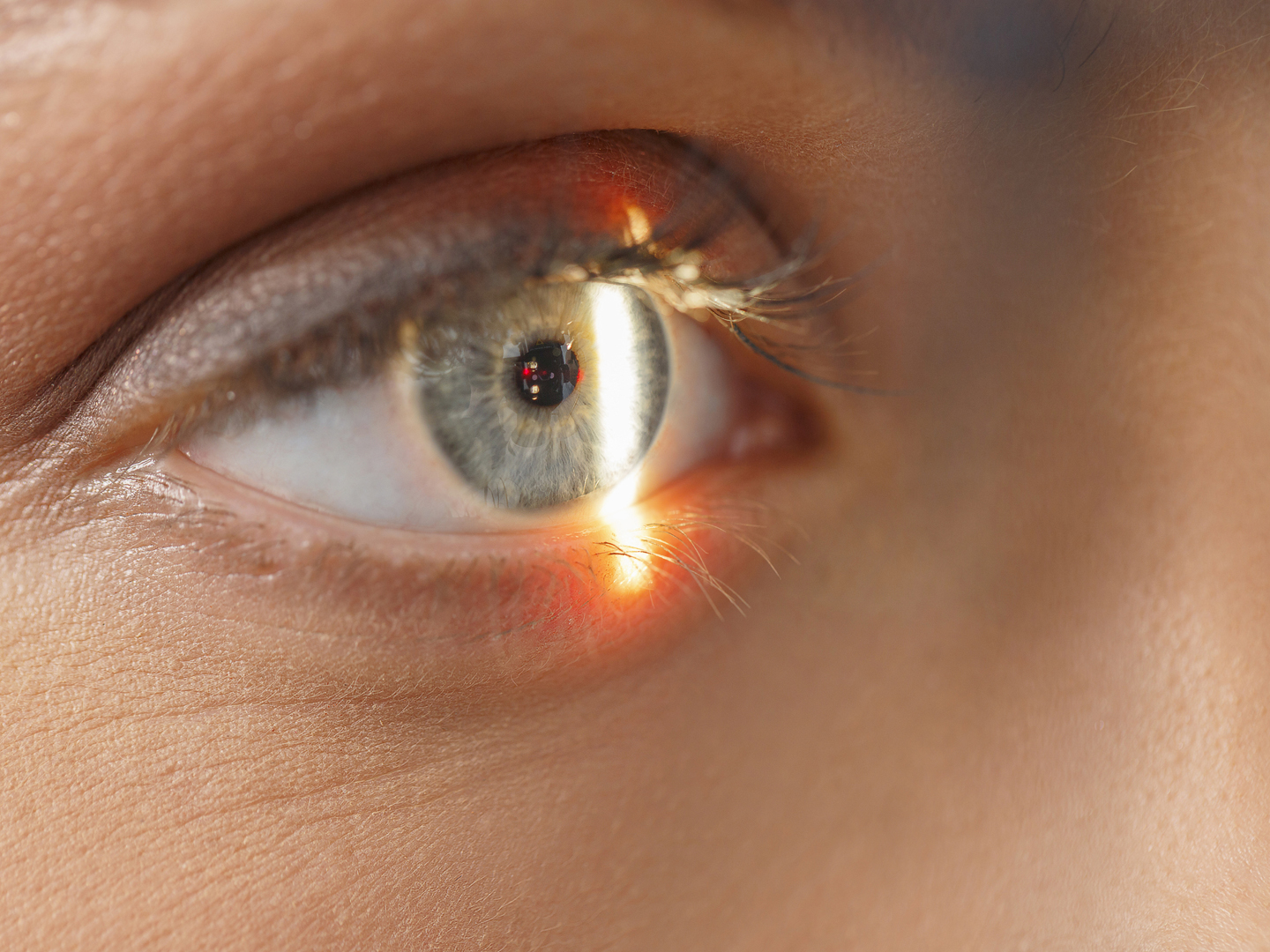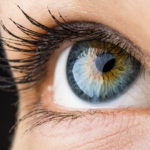Exercise Your Eyes?
Do you feel that eye exercises are beneficial? I have seen a lot of negative publicity about them on the web to the effect that they don’t work. Would my time be well spent doing them every day? Are there any side effects that I should be concerned about?
Andrew Weil, M.D. | April 25, 2006

Eye exercises, sometimes called “vision therapy,” are widely promoted on the Internet and elsewhere. Promoters claim that they can correct virtually any type of eye problem, including refractive errors such as nearsightedness, farsightedness, astigmatism and presbyopia. Presbyopia is the age-related loss of the eyes’ ability to focus on nearby objects, and affects almost everyone. It is why people who never wore eyeglasses or contact lenses earlier in life need reading glasses after they reach 40. No type of eye exercise can alleviate these refractive problems. The only way to correct them is with glasses or contacts.
And no exercises can cure or control such eye disorders as cataracts, macular degeneration or glaucoma. Contrary to the claims of “vision therapy” promoters, eye exercises won’t help children with dyslexia, reading problems or learning disabilities. Vision defects are not the cause of dyslexia and play no role in attention deficit/hyperactivity disorder (ADHD), as some proponents of vision therapy claim. Trying to solve problems such as dyslexia or ADHD with eye exercises can be harmful if it delays worthwhile treatment.
That said, ophthalmologists, the medical doctors who specialize in treating eye disorders, sometimes do recommend eye exercises for patients with such problems as eyestrain, blurred vision, headaches, sensitivity to bright light, tired eyes and amblyopia or “lazy eye,” which occurs when one eye and the brain aren’t working together properly. These exercises are tailored to specific patients, their eye problems and their age.
There are also eye exercises designed to relieve eyestrain for those who work on computers all day long. Essentially, these involve resting your eyes and changing your focus. To learn about them, log on to The National Institutes of Health.
Bottom line: If you throw away your eyeglasses in hopes that pricey “vision therapy” will enable you to see without them, you’ll be out the cost of the worthless “therapy” program plus the price of new glasses.
Andrew Weil, M.D.










